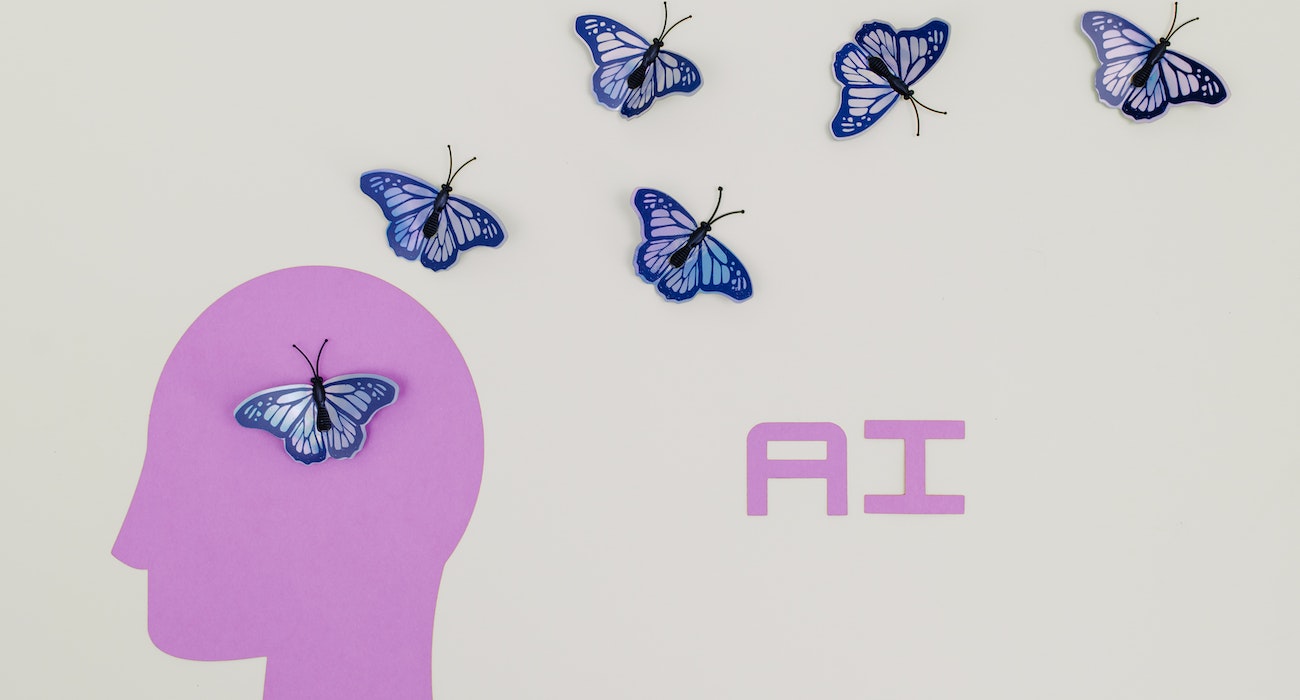Introduction
In daily life, artificial intelligence (AI) is used. The autocorrect function you use when typing on your smartphone or while writing an email, as well as the recommendations you receive when browsing shopping portals, are all examples of how AI-powered algorithms are used to automate processes and save time. It's possible to use AI in journalism. AI has become involved in journalism just like it has in other important areas of our lives. AI has been incorporated into journalism by many news organisations to help with a variety of jobs in the newsrooms.
Today's journalism is supported by a number of technologies. Artificial intelligence is one such technology that is revolutionising the journalism industry. According to research, using AI in journalism can 9% automate an editor's job. Share your thoughts with us on the Artificial Intelligence Write For Us category.
Major Challenges
Some of the major challenges are mentioned below-
The Replacement
On one end of the spectrum, you have news organisations that focus only on the internet that are prepared to begin producing more material right away by using the most direct method possible: asking tools based on new huge language models to write stories about x or y for direct or minimally edited release. When it was discovered that the little-read articles on CNET, the tech news website, was full of severe errors, it abandoned this technique. Undeterred, G/O is attempting a similar strategy with a splash of hostility towards its unionised employees. It's easy to get bogged down in the debate over whether AI techniques can currently produce convincing renditions of a large portion of the content that these publications have already published.
The Improvement
To yet, tentative intentions to examine how text-generation techniques may be helpful in human-centric news production and distribution are far more prevalent. Editor of Insider Nicholas Carlson authorised or directed the use of ChatGPT in his newsroom in April. He stated in a message to the employees, "My takeaway after a good bit of experimenting with ChatGPT is that generative AI can make all of you better editors, reporters, and producers, too. However, he cautioned that such systems can deliver false information and inadvertently plagiarise. We are aware that it can assist you in resolving writing issues.
The Bottom Line
These methods give speculative solutions to hypothetical problems, similar to many conversations concerning AI. Even while they aren't exactly pleasant to consider, they are still better than the immediate circumstances that newsrooms will be facing in 2023. The general public, the readership, and the individuals who, in theory, will be helped, pleased, or moved to action by journalism in the coming years are also absent. They want how much automation in their journalism? What do they believe they want, exactly? What degree of desire do they have? People interact with news organisations and consume news for a variety of reasons, some more conscious than others: boredom, a sense of duty, ideological commitments, hope, fear, vengeance, feeling smart, becoming angry, etc.


.jpg)



0 Comments